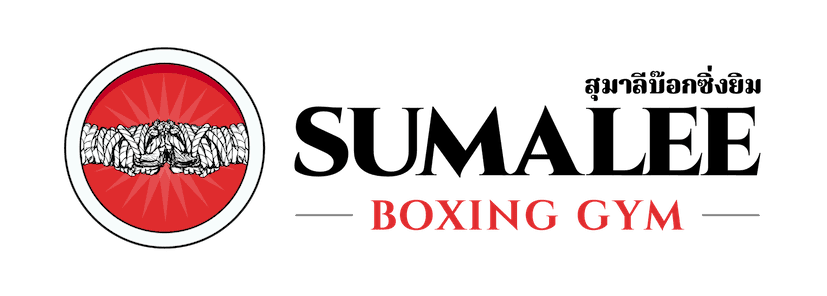Blogpost: Nutrition, Performance and Recovery for Nak Muay
By SBG Performance & Nutrition
What is te relationship between nutrition, performance and recovery for nak muay? To allow your body to keep up with the sheer volume of training that Nak Muay are expected to undertake, it is vital that you put as much effort in to your fuel and recovery as you do your training. Anything less and you can expect to feel flat, under-perform and start to pick up injuries that just won’t go away.
Nutrition is vital to keeping you firing on all cylinders during your time training in Thailand. Far too many people simply under eat when they are here and yeah, it looks great on the scales initially but soon enough the afore mentioned symptoms begin to creep up in conjunction with what is known as overtraining. I don’t want to go too much into overtraining in this blog because it is a long winded topic. What I want to do is give you tips on how to optimise your refuelling and recovery and what signs to look out for should you not keep on top of it.
Here are my top 10 tips for optimal performance and recovery…
- Keep protein elevated – The minimum amount for an active individual is 1.2g/kg of body weight per day, however due to the rigours of twice per day training I recommend you up that to about 2g/kg. This will also help with satiety.
- Do not go low carb – The stored form of carbohydrates (glycogen) is going to be your primary fuel source whilst training Muay Thai. Dropping them too low will result in loss of performance and fatigue during your sessions. Your carbohydrate intake might be as much as 50% of your overall calories whilst training in Thailand due to the excessive demands placed on your body. Most of these should come from vegetables with things like rice and potatoes coming in second.
- Do not go very low fat – Although not your bodies preferred fuel source, fat has a vital role to play in our overall health. It is responsible for hormone synthesis, cell structure and nervous system health. Be sure to have a portion with each meal, be it cooking your food in coconut oil or including fat from nuts and seeds as part of the recipe.
- Ensure your diet is high fruit and vegetables – The health and wellness we receive from them cannot be underestimated. Packed full of vital nutrients and phytonutrients, they help our bodies recover by clearing waste from our systems produced as a by-product of exercise.
- Include plenty of oily fish where possible – The fatty acids found in oily fish cannot be made by our bodies so need to obtained through the diet. They have great anti-inflammatory properties which will aid in recovery between training sessions. Decent oily fish such as salmon tends to be quite expensive in Thailand. Make sure you bring a good quality supplement with you if you don’t want to get stung.
- Take advantage of natural recovery foods – Things like beetroot and spinach are natural vasodilators which widen blood vessels. This will increase nutrient delivery to your muscles which is a massive bonus after intense exercise. The Sumalee Ringside Restaurants Fighters Menu is packed with foods optimal for intense training and recovery.
- Use electrolytes in your water during training – Minerals such as sodium, magnesium and potassium are all lost in fairly substantial amounts when you sweat, especially whilst exercising in the blistering heat of Thailand. They are vital for nervous system health, cell signalling and water retention so taking them on board whilst sweating it out in training is a great way to stay on top of it. You can also salt your meals with a high quality rock salt such as Himalayan Pink, or Celtic Sea salt which is taken from seas with a very low heavy metal concentration.
- Lights out by 10.30pm – Not strictly nutrition related but massively important nonetheless. The prime time for our bodies to rest and repair is between 10.30pm and 6.30am, any less sleepy time and you risk feeling lethargic and under-performing the following day.
- Supplement with Zinc & Magnesium – A lot of active people are deficient in these minerals anyway, let alone after increasing there training volume 5 or 6 fold. Magnesium especially has hundreds of biological functions including nervous system recovery and cell membrane stability. Supplementing with 400mg before bed can help relax the body before drifting off to sleep. Zinc & Magnesium can be bought as a combined supplement called ZMA.
- Use BCAAs before morning training – Giving your body a dose of Branch Chain Amino Acids (the building blocks of protein) before training without food in the morning, will offset the chance of your body breaking down muscle for use as energy. Muscle tissue is metabolically active meaning that it uses calories just being there. Loss of muscle tissue will result in reduced strength and power output.
- You lose your appetite, feel weak or lose interest in training
- Your sleep becomes disrupted
- Nagging injuries won’t go away
- Continued decrease in performance during training
- You have an over reliance on stimulants such as caffeine or pre-workouts
I hope you found those pointers helpful. Above all enjoy your training and stay on top of your health!
Until next time…


